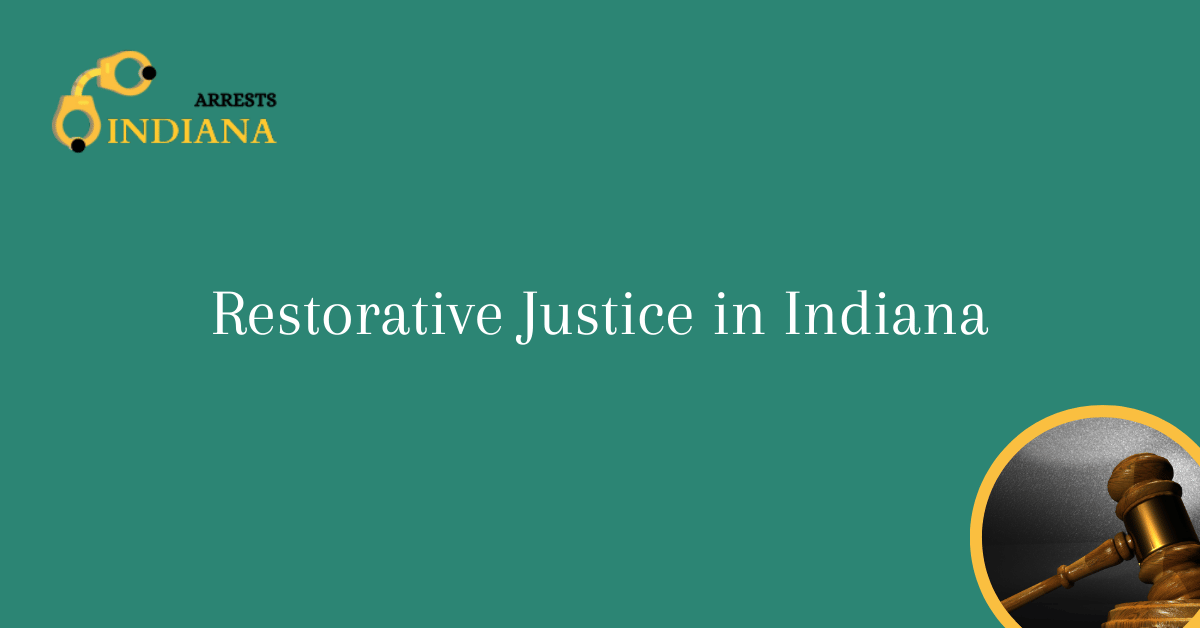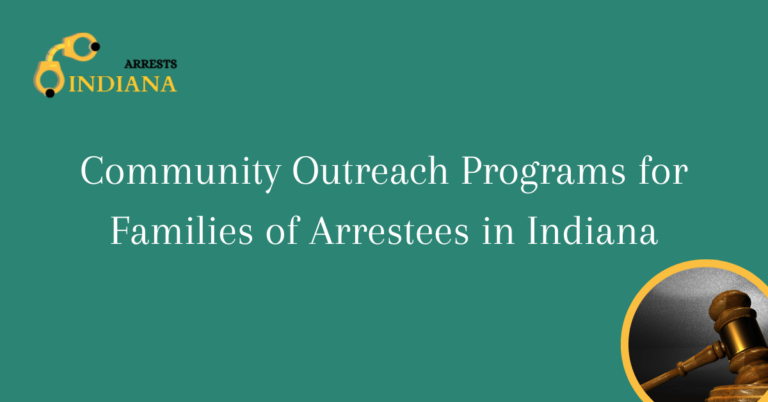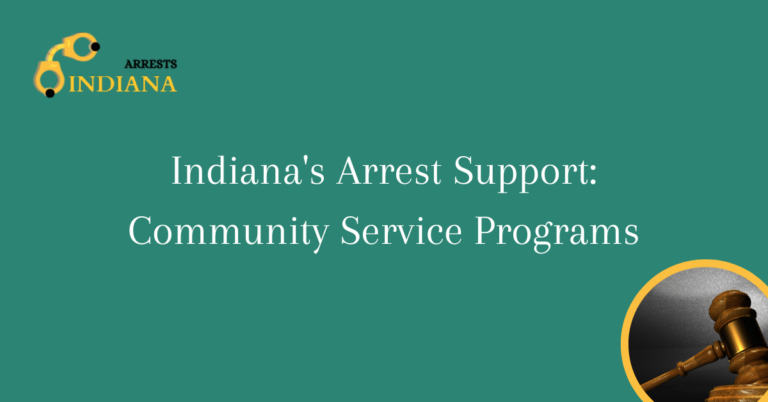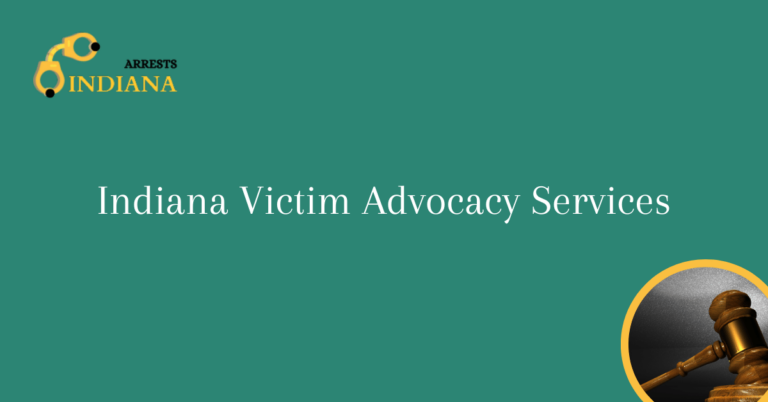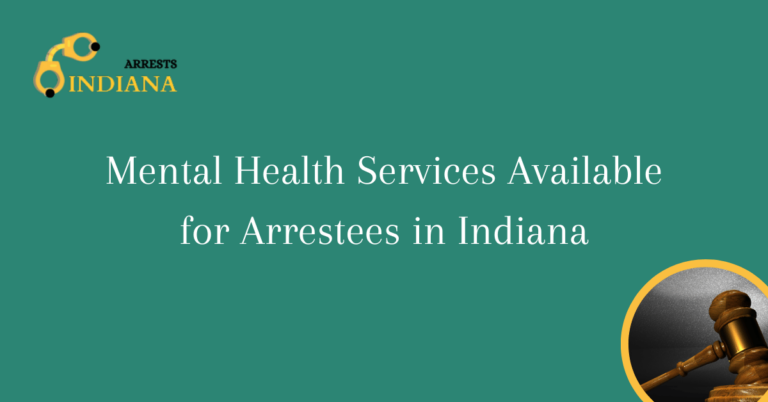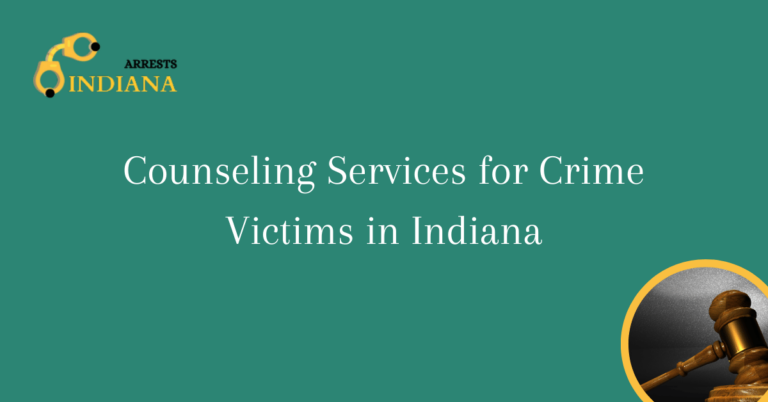Restorative Justice in Indiana
Restorative Justice in Indiana focuses on repairing the harm caused by criminal behavior through the collaboration of offenders, victims, and the community. It emphasizes accountability, healing, and making amends for the wrongdoing. This approach aims to address the root causes of crime and promote a sense of justice and reconciliation among all parties involved.
By implementing Restorative Justice practices in Indiana, communities strive to create a supportive and inclusive environment where individuals can take responsibility for their actions, learn from their mistakes, and work toward positive change. This innovative approach seeks to shift the focus from punishment to restoration, ultimately fostering a safer and more connected society for everyone.
Overview of Restorative Justice in Indiana
Restorative justice in Indiana focuses on the collaboration of offenders, victims, and the community to address the harm caused by crime. This approach emphasizes accountability and making amends for the wrongdoing, rather than simply punishing the offender. By involving all parties affected by the crime, restorative justice aims to restore relationships and promote healing.
Collaboration of Offenders, Victims, and Community
Restorative justice in Indiana encourages active participation from offenders, victims, and the community in the resolution process. Through dialogue, mediation, and rehabilitation programs, all parties have the opportunity to share their perspectives, express their needs, and work together toward a resolution that addresses the harm caused by the crime.
Emphasis on Accountability and Making Amends
Accountability is a key principle of restorative justice in Indiana. Offenders are held responsible for their actions and are encouraged to take steps to make amends for the harm they have caused. This may involve restitution, community service, or other forms of reparative action that help them understand the impact of their behavior and take responsibility for their actions.
Addressing Root Causes of Crime
Restorative justice in Indiana goes beyond addressing the immediate consequences of crime and focuses on addressing the underlying causes of criminal behavior. By identifying and addressing issues such as poverty, substance abuse, mental health, and lack of education, the restorative justice approach aims to prevent future offenses and promote long-term rehabilitation.
Creating Supportive and Inclusive Communities
Restorative justice in Indiana promotes the creation of supportive and inclusive communities that prioritize individual responsibility and positive change. By engaging community members in the restorative process, fostering empathy and understanding, and promoting restorative practices in schools, workplaces, and other institutions, Indiana aims to build safer and more connected societies.
Individual Responsibility and Positive Change
Restorative justice encourages individuals to take responsibility for their actions, reflect on the harm they have caused, and make positive changes in their lives. By focusing on rehabilitation, personal growth, and reintegration into the community, Indiana seeks to reduce recidivism rates and support offenders in making meaningful and lasting changes.
Shift from Punishment to Restoration
Restorative justice in Indiana represents a shift from traditional punitive approaches to a more holistic and restorative model of justice. By prioritizing healing, reconciliation, and community involvement, Indiana aims to create a justice system that is more responsive to the needs of all parties involved and fosters a sense of accountability, empathy, and connection.
Fostering Safer and Connected Society
Ultimately, restorative justice in Indiana aims to foster a safer and more connected society by promoting healing, reconciliation, and community engagement. By emphasizing collaboration, accountability, and individual responsibility, Indiana seeks to create a justice system that not only addresses the harm caused by crime but also promotes positive change, rehabilitation, and a sense of belonging for all members of the community.
Frequently Asked Questions
Explore the most common queries regarding Restorative Justice in Indiana.
What is Restorative Justice?
Restorative Justice is a philosophy that focuses on repairing the harm caused by crime and conflict by involving all parties affected, including victims, offenders, and the community. It aims to address the root causes of wrongdoing and promote healing and reconciliation.
How does Restorative Justice work in Indiana?
In Indiana, Restorative Justice programs are implemented at various levels, including within the criminal justice system, schools, and community organizations. These programs facilitate dialogue between victims and offenders, offer opportunities for restitution, and aim to prevent future harm through education and support.
What are the benefits of Restorative Justice?
Restorative Justice has been shown to reduce recidivism rates, empower victims by giving them a voice in the justice process, and foster a sense of accountability and empathy in offenders. It also helps build stronger, more resilient communities by promoting understanding and healing.
Who can participate in Restorative Justice programs in Indiana?
Restorative Justice programs in Indiana are open to victims, offenders, and community members who are willing to engage in the process of dialogue, accountability, and healing. Participation is voluntary, and all parties involved must be willing to actively participate in the restorative process.
Do Restorative Justice programs work to reduce crime and support healing?
Research has shown that Restorative Justice programs have a positive impact on reducing recidivism rates, improving satisfaction among victims, and fostering a sense of accountability and responsibility in offenders. By addressing the underlying causes of wrongdoing and involving all parties in the process of healing, Restorative Justice has the potential to create lasting positive change.
How to join Indiana’s Restorative Justice efforts?
There are various ways individuals can support Restorative Justice in Indiana, including volunteering with local organizations, advocating for policy changes that promote restorative practices, and participating in training and education programs on Restorative Justice principles. By getting involved and raising awareness, individuals can help promote a more just and compassionate approach to resolving conflicts and addressing harm in their communities.

